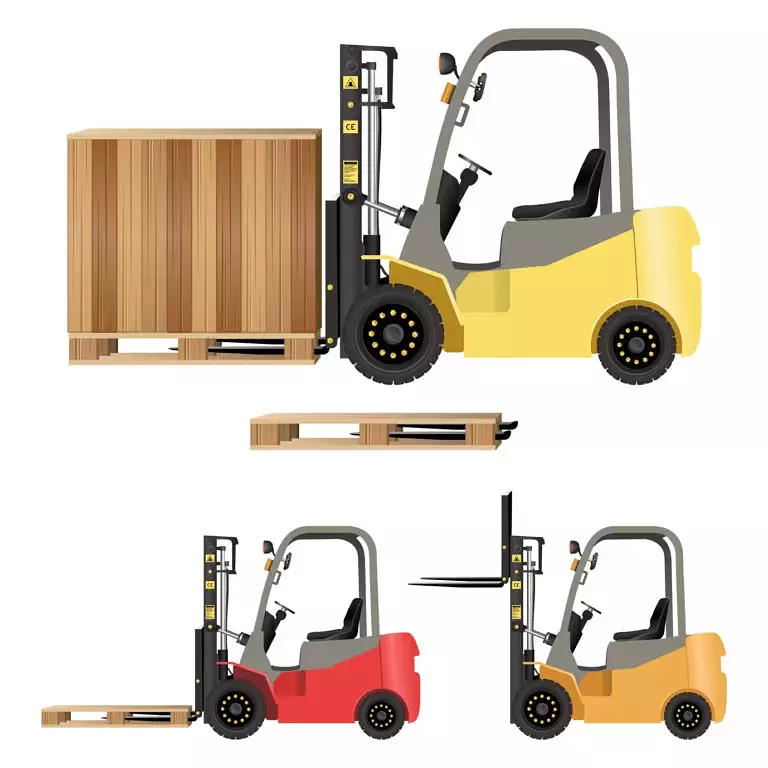 When the job gets tough, any forklift should be seen as a tool to get that job done. However, there are many factors that need to be taken into consideration. These factors allow operators to assess to true value of any forklift and gauge how efficient and productive it would perform in the most unique material handling applications. There are a variety of variables that enable assessment, including expected usage and the function and role of the device itself. When utilizing a forklift, it is important to determine the right vehicle fits the task. Here are four things to look for when choosing a proper forklift for your next job:
When the job gets tough, any forklift should be seen as a tool to get that job done. However, there are many factors that need to be taken into consideration. These factors allow operators to assess to true value of any forklift and gauge how efficient and productive it would perform in the most unique material handling applications. There are a variety of variables that enable assessment, including expected usage and the function and role of the device itself. When utilizing a forklift, it is important to determine the right vehicle fits the task. Here are four things to look for when choosing a proper forklift for your next job:
1) Equipment Inventory
Many forklifts are enhanced by their components and array of forklift attachments. It is critical to comprehend the variety of attachments. Furthermore, any distributor or supplier should have a wide range of spare parts readily available to reduce the downtime of any forklift. To complement this, suppliers should have a bountiful quantity of part accessibility for any particular model and brand to solidify themselves as the go-to choice for inventory optimization and maintenance management. Older models typically have more obsolete parts and components. However, newer models may have more versatile components but they may also be of less quality or conversely more expensive. There are trade-offs to owning either a new or used forklift from a maintenance perspective.
2) Warranties
Warranties can be an exceptionally beneficial tool, especially when acquiring a new forklift. Warranties can cause premiums to rise, but in the long-term a warranty can yield bountiful savings. If any repairs or malfunctions are required, a warranty guarantees that these issues will be handled and completed free of charge. A great warranty can save any organization or business, thousands of dollars over the course of the lifespan of any forklift. Therefore, selecting a forklift with a comprehensive warranty is always a great option if it is to be deployed in rigorous capacities.
3) Source of Power
Depending on power specification or fuel economy desires, a gas or electric forklift each offer their own set of benefits. For the ergonomic and economical, electric forklifts can reduce fuel costs substantially. On the contrary, gas forklifts offer more power for more intense heavy-lifting operations. Additionally gas forklifts are ideal to be used in challenging outdoor settings.
4) Material Handing Application
While many forklifts offer tremendous upside and glamorous appeal, some are better suited for certain businesses than others. Gauging and understanding the varieties and types of material handling jobs frequently executed with existing forklift fleet can help determine which vehicles offer the highest functionality. Are there high mezzanines or narrow tiers? Is this forklift going to be used for indoor and outdoor settings or just one of these environments? These variables are worth taking into consideration. According to ForkBiz knowing where you are going to use your forklift is the driving force in making this decision.
